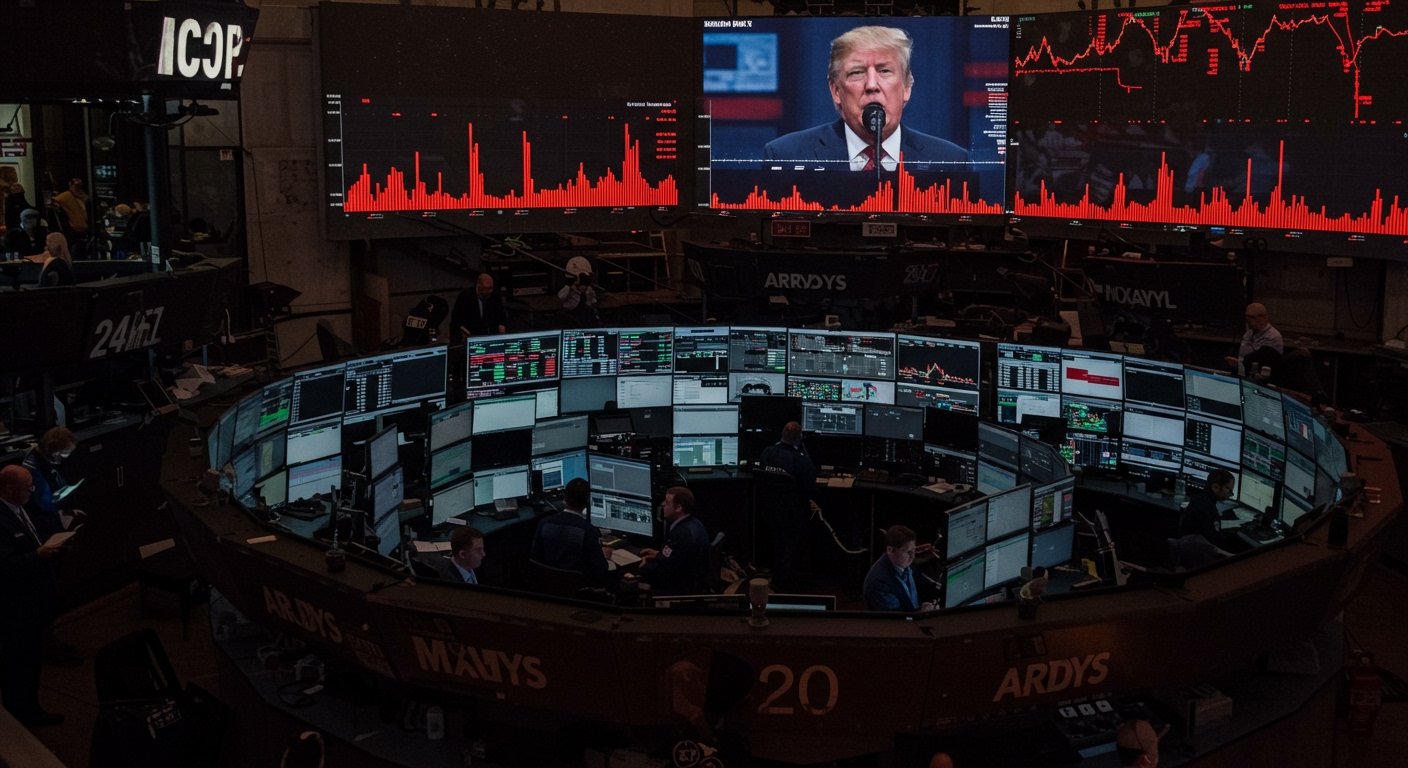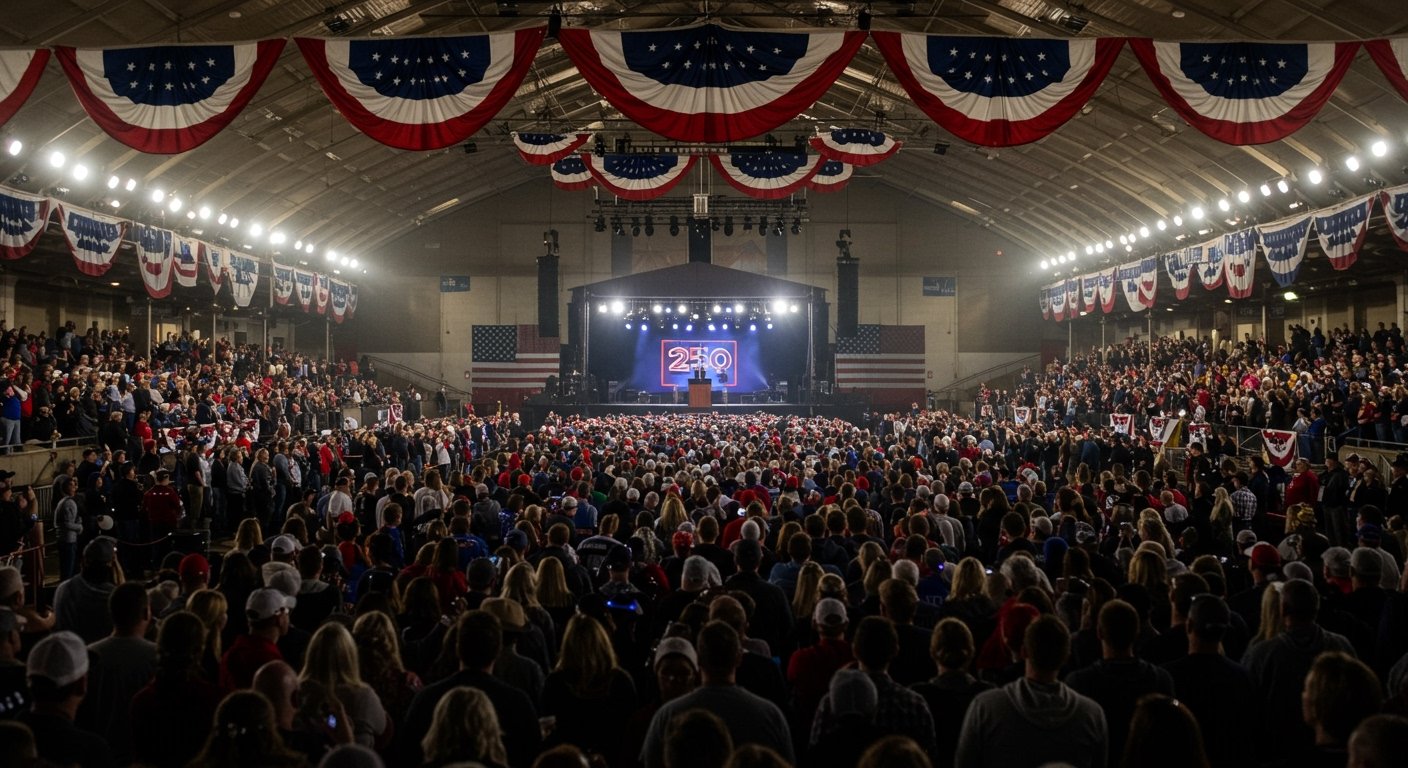Washington D.C. — The United States has taken significant action against a United Nations official, issuing sanctions against Francesca Albanese, the United Nations Human Rights Council Special Rapporteur on the situation of human rights in the Palestinian territories occupied since 1967. The move marks a notable instance of the U.S. targeting an independent investigator mandated by the international body, occurring amidst heightened tensions surrounding the conflict in Gaza and international scrutiny of human rights practices in the region.
Albanese, an expert appointed to serve in an unpaid, independent capacity, is specifically tasked with probing human rights abuses in the Palestinian territories. Her role involves documenting alleged violations by all parties, reporting findings to the UN Human Rights Council and the General Assembly, and making recommendations.
Understanding the Sanctions and Their Target
The issuance of sanctions by the United States against an official serving within the United Nations framework is a powerful diplomatic tool. While the precise scope and nature of the sanctions issued against Ms. Albanese were detailed in the formal announcement, the action itself signals strong disapproval of her work or stance by the U.S. government. Such measures can typically include asset freezes, travel restrictions, or other financial deterrents, although the specific components of the sanctions against Ms. Albanese would be outlined in the official U.S. Treasury or State Department designation.
Francesca Albanese assumed her mandate as Special Rapporteur in May 2022. Her position is one of many thematic or country-specific mandates established by the UN Human Rights Council, designed to address particular human rights situations or phenomena globally. Special Rapporteurs operate independently of the UN secretariat and governments, serving in their personal capacity based on their expertise. This independence is considered crucial for ensuring impartial and objective reporting on sensitive human rights situations worldwide. Albanese’s mandate is one of the longest-standing country-specific mandates within the UN human rights system, reflecting the international community’s ongoing concern regarding the human rights situation in the Palestinian territories.
Her work has involved numerous reports and public statements detailing alleged human rights violations affecting Palestinians, covering issues such as the impact of the occupation, settlements, freedom of movement, and accountability for alleged abuses. These reports are based on information gathered from a variety of sources, including victim testimonies, civil society organizations, and official documents.
Key Allegations and Positions
A central point of contention highlighted in the context of the sanctions is Ms. Albanese’s public stance regarding accountability. As noted in information surrounding the U.S. action, Ms. Albanese has called for criminal action against Israel. This position reflects a view that alleged human rights violations or international law breaches in the Palestinian territories warrant investigation and potential prosecution by international or national legal mechanisms. Such calls for accountability, particularly targeting a state, are often controversial and can elicit strong reactions from the state concerned and its allies.
The role of a Special Rapporteur inherently involves identifying alleged violations and recommending steps for redress and accountability. However, specific calls for criminal action are often seen as taking a particularly strong stance, moving beyond documentation and reporting to advocating for specific legal outcomes. This aspect of her work has been particularly criticized by Israeli and U.S. officials who argue her positions are biased and go beyond the scope of her mandate.
Accusations from Capitol Hill
The U.S. decision to issue sanctions did not occur in a vacuum. Prominent voices within the U.S. government have been critical of Ms. Albanese. Notably, Senator Rubio accused Albanese of leading “political and economic warfare” against the U.S. and Israel. This specific accusation from a U.S. Senator underscores the level of political opposition she faces in Washington.
Describing an individual’s activities, particularly those of a UN official, as “political and economic warfare” is a severe charge. It suggests that her efforts, ostensibly focused on human rights reporting, are perceived by critics as deliberate hostile actions aimed at undermining the United States and Israel through political pressure and economic means, potentially by advocating for sanctions or boycotts, or by using her platform to generate international condemnation that could have economic repercussions. Such accusations frame her human rights advocacy not as impartial reporting but as a targeted campaign with hostile intent.
This particular accusation from Senator Rubio highlights the intense political polarization surrounding the Israeli-Palestinian conflict, where criticism of Israeli policies is often interpreted by its allies as inherently biased or even hostile.
Context: A Pattern of U.S. Action
The action taken against Ms. Albanese is described in the context of broader U.S. foreign policy regarding international bodies and the Israeli-Palestinian conflict. It is characterized as the latest effort by the US to punish critics of Israel. This framing suggests a deliberate and ongoing strategy by the United States to counter individuals, organizations, or international entities whose actions or statements are perceived as unfairly critical of the State of Israel.
Historically, the United States has often used its diplomatic and financial leverage to support Israel and counter initiatives within the United Nations and other international forums that it views as detrimental to Israeli interests or biased against Israel. This includes vetoing Security Council resolutions, withdrawing from or defunding UN bodies perceived as anti-Israel (such as UNESCO or the UN Human Rights Council itself during previous administrations), and using diplomatic pressure against states or officials perceived as taking anti-Israel stances. The decision to sanction Ms. Albanese appears to fit within this established pattern, targeting an individual whose work and specific calls for accountability have been strongly opposed by the U.S. and Israel.
This pattern of response raises questions about the U.S. commitment to the independence of UN human rights mechanisms and the broader principles of freedom of expression and inquiry, particularly when such inquiries focus on allies.
Implications for International Human Rights Monitoring
The U.S. sanctions against a sitting UN Special Rapporteur could have significant implications for the broader system of international human rights monitoring. Special Rapporteurs often work in challenging and politically sensitive environments, relying on their independent status to protect them from undue pressure or retaliation from governments whose practices they investigate. Sanctioning an investigator for carrying out their mandate, particularly based on accusations related to the perceived political impact of their findings or recommendations, could be seen as setting a precedent that might intimidate other independent experts.
Human rights organizations and civil society groups have often stressed the vital role played by Special Rapporteurs in shedding light on abuses in areas where access for other monitors is difficult. Their ability to report fearlessly is paramount to holding states accountable and providing credible information to the international community. Action perceived as punitive against such an independent official, especially from a powerful state like the U.S., could potentially create a chilling effect, making it more difficult to find experts willing to take on sensitive mandates or potentially leading investigators to self-censor for fear of reprisal.
Moreover, the incident highlights the tension between the principle of state sovereignty and the international community’s interest in human rights protection. While states have the right to control who enters their territory and conduct financial transactions, using these tools to target an independent international official for carrying out a mandate from a multilateral body raises complex questions about international cooperation and the respect for international human rights mechanisms.
Conclusion
The United States’ decision to issue sanctions against Francesca Albanese, the UN Human Rights Council Special Rapporteur probing human rights abuses in the Palestinian territories, represents a significant escalation in the ongoing diplomatic friction surrounding the conflict and international human rights accountability. The move targets an independent investigator who has notably called for criminal action against Israel and has been accused by figures like Senator Rubio of leading “political and economic warfare” against the U.S. and Israel.
Characterized as the latest effort by the US to punish critics of Israel, the sanctions against Ms. Albanese underscore the U.S.’s firm stance in defending its ally and its willingness to take direct action against individuals within the international system whose work is perceived as hostile or unfairly critical. The action prompts broader questions about the independence of UN human rights mandates and the potential impact of state actions on the ability of international mechanisms to function effectively and impartially in highly politicized environments.









